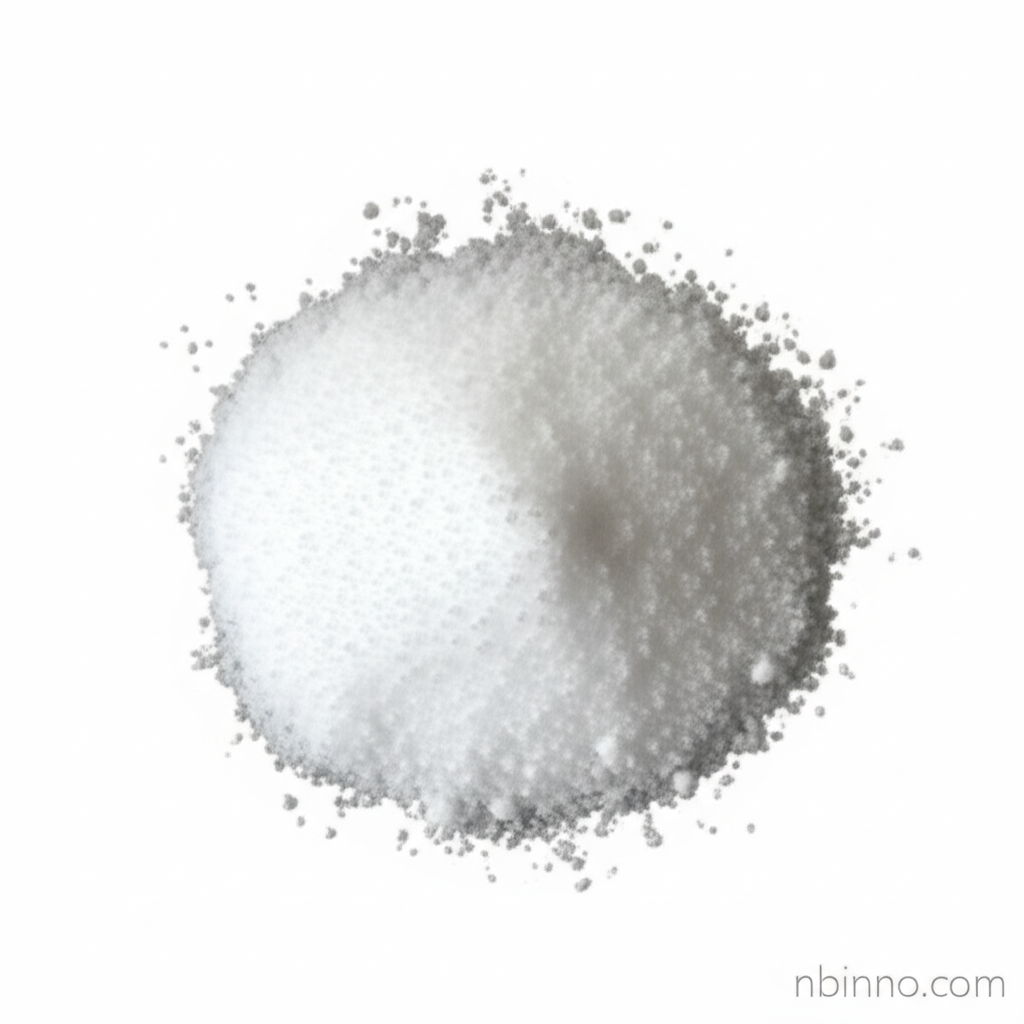25-Hydroxycholesterol: Mechanisms of Apoptosis Induction in Head and Neck Squamous Cell Carcinoma
Exploring the anti-cancer potential of 25-hydroxycholesterol in HNSCC, detailing its apoptosis-inducing pathways.
Get a Quote & SampleProduct Core Value

25-Hydroxycholesterol
This research delves into the biological activity of 25-hydroxycholesterol, a key oxysterol, specifically its capacity to induce apoptosis in human head and neck squamous cell carcinoma (HNSCC) cells. The study elucidates the intricate cellular signaling pathways involved, offering a potential new avenue for cancer therapy.
- Investigating 25-HC induced cell death pathways reveals critical insights into oxysterol's role in cancer.
- The study details how 25-hydroxycholesterol apoptosis mechanism involves both extrinsic and intrinsic cellular pathways.
- Discover the potential of 25-hydroxycholesterol cancer therapy by understanding its cytotoxic effects on HNSCC.
- The role of oxysterol anticancer activity is further explored through the lens of 25-HC's impact on cell signaling.
Key Advantages
Induces Apoptosis in Cancer Cells
25-Hydroxycholesterol effectively triggers programmed cell death, a crucial mechanism for eliminating cancerous cells, particularly in the context of head and neck squamous cell carcinoma.
Elucidates Cell Death Pathways
The research provides a detailed understanding of how 25-HC induced cell death pathways operate, including extrinsic and intrinsic apoptosis, crucial for targeted therapeutic development.
Potential Therapeutic Agent
Findings suggest 25-hydroxycholesterol holds significant promise as a novel therapeutic agent for HNSCC, offering new hope in cancer treatment strategies.
Key Applications
Cancer Research
Understanding the 25-hydroxycholesterol apoptosis mechanism aids in developing new cancer treatments.
Oncology Drug Development
The study on oxysterol anticancer activity can guide the creation of novel chemotherapeutic agents.
Head and Neck Cancer Treatment
Exploring 25-hydroxycholesterol cancer therapy provides potential solutions for HNSCC.
Cellular Signaling Studies
Investigating 25-HC induced cell death pathways offers insights into cellular responses to therapeutic compounds.
